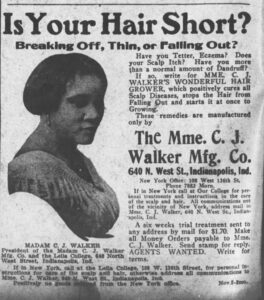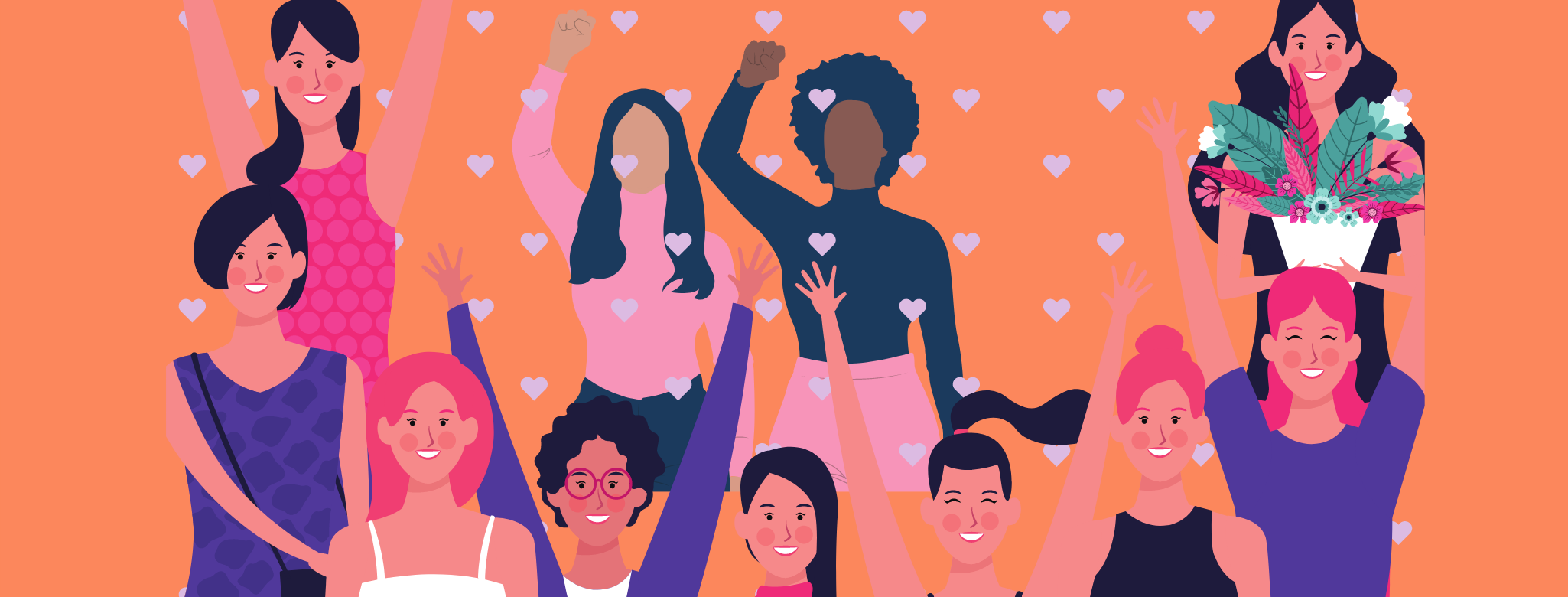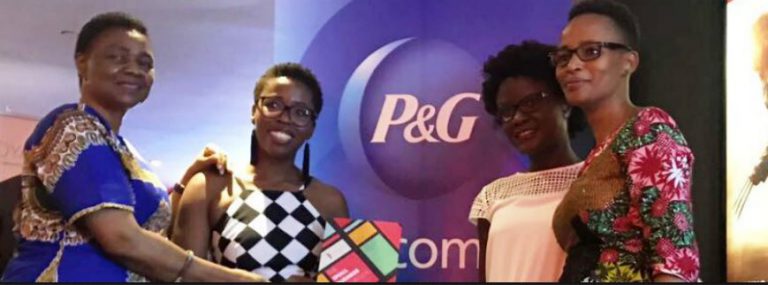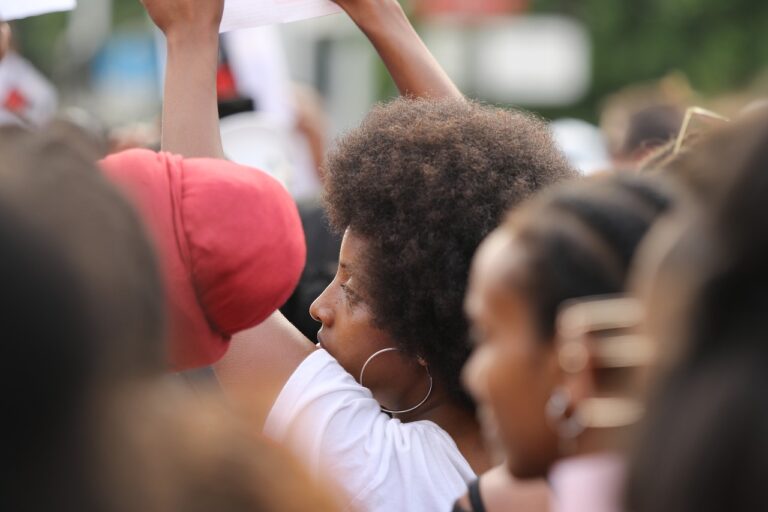Women are rising today. Women will always rise.
Merriam-Webster defines a visionary as ‘Someone with a strong vision of the future. Since such visions are not always accurate, a visionary’s ideas may either work brilliantly or fail miserably. Even so, visionary is usually a positive word.’ The first person that comes to mind when reading this definition is Madam C. J. Walker, an Entrepreneur, Philanthropist, and Activist who rose from poverty in the South to become one of the wealthiest African American women of her time.
The late nineteenth and early twentieth century were a time of enormous racism against African Americans in the United States. A large majority of Black Americans lived in the rural South and were economically exploited by white property owners. Racist voting laws and violence from white vigilantes kept African Americans from gaining political power.
 In antebellum America, enslaved black women were not regarded as human or as women but as chattel. African American women were excluded from the definition of women. Before 1865, in fact, the abolitionist and feminist movements were closely intertwined and several famous black female abolitionists such as Harriet Tubman and Sojourner Truth were defenders of women’s rights
In antebellum America, enslaved black women were not regarded as human or as women but as chattel. African American women were excluded from the definition of women. Before 1865, in fact, the abolitionist and feminist movements were closely intertwined and several famous black female abolitionists such as Harriet Tubman and Sojourner Truth were defenders of women’s rights
Harriet Tubman (1822-1913) was an American abolitionist and political activist. Born into slavery, Tubman escaped and subsequently made some 13 missions to rescue approximately 70 enslaved people, including family and friends, using the network of antislavery activists and safe houses known as the Underground Railroad. During the American Civil War, she served as an armed scout and spy for the Union Army. In her later years, Tubman was an activist in the movement for women’s suffrage.
Widely known and well-respected while she was alive, Tubman became an American icon in the years after she died. A survey at the end of the 20th century named her as one of the most famous civilians in American history before the Civil War. She inspired generations of African Americans struggling for equality and civil rights and was praised by leaders across the political spectrum. It is safe to say that Tubman paved the way for a lot of the female activists that came after her.
 Madam CJ Walker (1867-1919) is recorded as being of “the first black woman millionaire in America” and accumulated her fortune from her homemade line of hair care products for black women. Born Sarah Breedlove to parents who had been slaves, she was inspired to create her hair products after an experience with hair loss, which led to the creation of the “Walker System’ of hair care.
Madam CJ Walker (1867-1919) is recorded as being of “the first black woman millionaire in America” and accumulated her fortune from her homemade line of hair care products for black women. Born Sarah Breedlove to parents who had been slaves, she was inspired to create her hair products after an experience with hair loss, which led to the creation of the “Walker System’ of hair care.
A talented entrepreneur with a knack for self-promotion, Walker built a business empire, at first selling products directly to black women, then employing “beauty culturalists” to hand-sell her wares. The self-made millionaire used her fortune to fund scholarships for women at the Tuskegee Institute and donated large amounts of her wealth to the National Association for the Advancement of Coloured People (NAACP), the black YMCA, and other charities.
Like many African American women in the South living in that era, Walker came from a very disadvantaged background. She was the offspring of former slaves-turned sharecroppers after the civil war. Orphaned at age seven, Walker lived with her older sister Louvenia, and the two worked in the cotton fields. To escape her abusive brother-in-law, at age 14 Walker married Moses McWilliams, who died and left her a single parent of a two-year old daughter A’Lelia. Despite being born into a social circumstance that sought to disenfranchise the black woman and ruin her in entirety, she defied all the odds against her and built an empire.
Madam C. J. Walker embodies the true definition of what a visionary is. She had a clear idea of how the future should look, set out concrete steps to bring her vision to life, and then lead a team of people in that direction. It was not just about building a business; it was about empowering women. And that legacy of empowering women, educating women, helping them to become economically independent is something that became legend in the black community. Legend for very substantial reasons because generations of families benefited from the independent income and investments that they were able to make, and the fact that they could educate their children, so people carried that pride in the story of Madam Walker through the generations.
As stated earlier on in the article, Walker was also a philanthropist and activist who donated large amounts of her fortune to African American organisations and encouraged her employees to donate as well. However, she was also politically active in her activism and in1917, she helped organize a protest after white rioters in East St. Louis massacred dozens of African Americans. That same year, she went to the White House to urge President Wilson to make lynching a federal crime.
Women like Harriet Tubman and Madam C.J Walker have significantly contributed to the empowerment and liberation of black women and black society in general. Because of their endless efforts and fearless attitudes, their legacy has bred several modern woman activists that seek to empower and liberate beyond the discourse of black livelihoods but for the betterment of the various disadvantaged communities.
Nomzamo Mbatha is an award-winning South African film and television actress, human rights activist, UNHCR Goodwill Ambassador, brand ambassador, businesswoman, and a glowing representative for Africa on the global stage. After serving as a LuQuLuQu High Profile Supporter for several years, Nomzamo was appointed as a UNHCR Goodwill Ambassador in January 2019. Since her appointment as a High-Profile Supporter for the LuQuLuQu campaign in 2017, she has visited four refugee camps with UNHCR in Malawi, Kenya, and South Sudan.
In a world where the black woman was and still remains at the bottom of the social and economic hierarchy, it is important that we work towards a future that not only seeks to fulfil our personal goals, but also seeks to sustainably empower women to ensure their social and economic freedom for generations to come.






